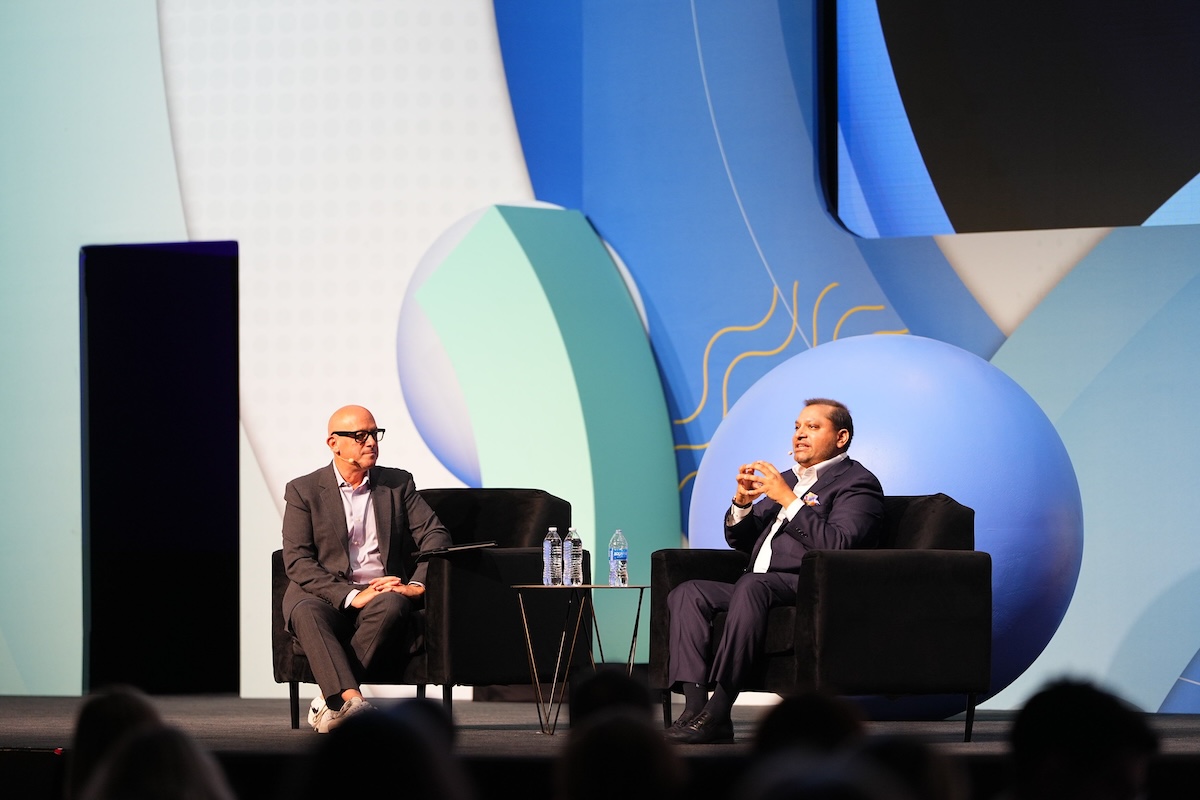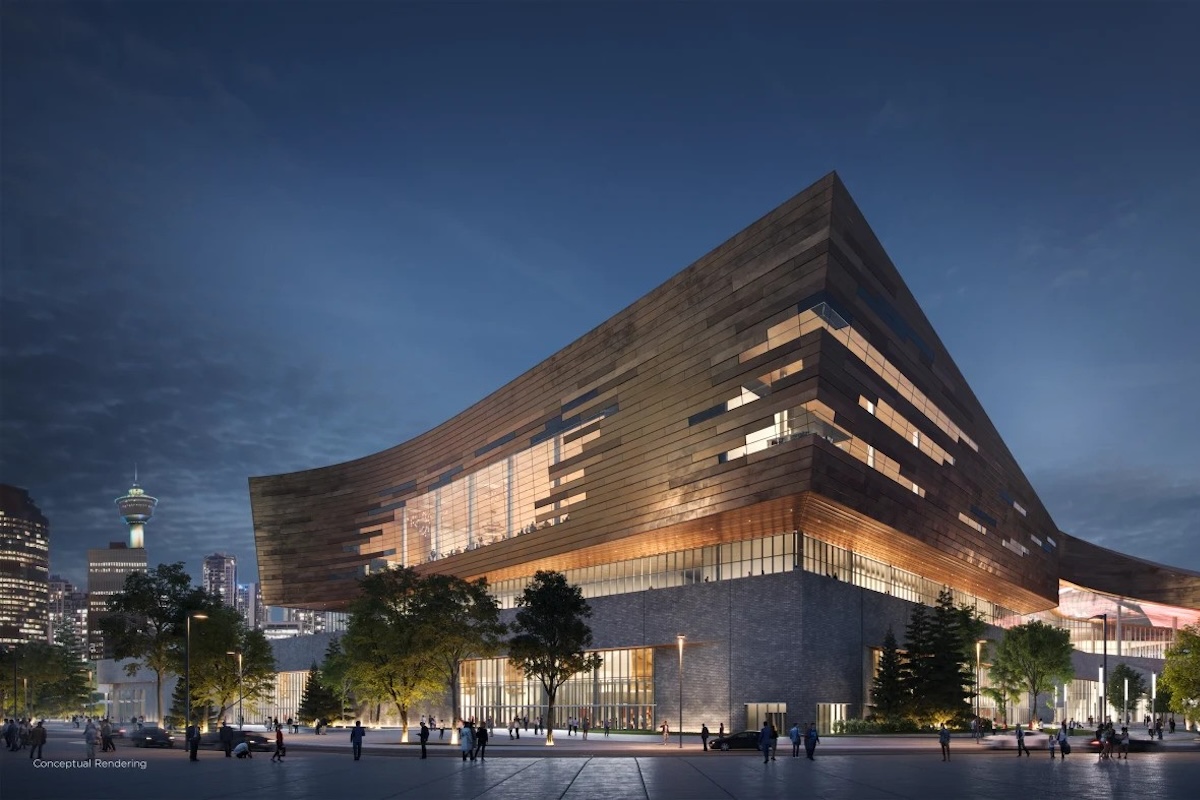Skift Take
Destination experts share their views from the frontline. We remain in a seller's market; demand remains strong, but plenty of challenges are ahead.
Consortiums of destination management companies (DMCs) offer clients a wide range of options for destination selection. Acting as a central point for requests for proposals (RFPs), they are uniquely positioned to spot trends in interest in different destinations and booking patterns.
Speaking at the Skift Meetings Destination Experience Summit 2024, Catherine Chaulet, president and CEO of Global DMC Partners and Rutger Hoorn, vice president of global sales and strategic partnerships at Ovation Global DMC, revealed the latest trends regarding clients looking to book DMC services.
Their verdict: Tight budgets, short time frames, and a lack of qualified staff are holding back a booming industry.
Staffing and Timing Challenges
Compared to pre-Covid pandemic, shorter booking time frames for destination selection are a reality that the industry cannot escape. “We see the majority of the requests coming, regardless of the size, between 3 and 6 months, so that creates all kinds of opportunities but a lot of challenges as well,” said Chaulet
For many, the main challenge remains the lack of qualified staff. “Our biggest challenge at this still moment is very much the the training of the new people. We lost so much seniority in our teams on the global level that, that the training is now pretty key in all of our destinations,” said Hoorn
Hoorn also confirmed that we are still in a seller’s market, and he doesn’t see that changing anytime soon.
Budgetary Constraints Challenge Planners
Tight budgets are also not budging, and planners are struggling.
“The average inflation for F&B, for AV, for airlines etc. is closer to 30%. The majority of the budgets, if they have increased, have increased 5-10% at max. So, there’s a discrepancy between the expectations of the higher-ups in terms of budget and what is possible. This is the reality of what meeting planners need to deal with,” said Chaulet.
Concerns about the economy, in general, appear to be prevalent and are creating further challenges. “The expectation of the economic downturn that did not happen is still lingering in the background for some reason,” said Hoorn. “[Clients] don’twant to go into fast and organize big budget meetings or big budgets events,” he added.
“When we look at some of the verticals we work with, there are some massive layoffs going on. So […] keeping a close tightness to the budget is essential for corporations for their PNL in general,” added Chaulet.
The AI Conundrum
Both Chaulet and Hoorn revealed some apprehension about the impact of AI on the DMC business model. However, they do not see technology replacing the essential human touch that event experts provide. “ChatGPT will not change the DMC in terms of the relationship with people, how we interact, the way we interact, how we provide these experiences,” said Hoorn. “It’s not just knowing where to go. The venue, the ground transportation. It’s knowing the people within these companies that are going to manage your programs,” said Chaulet.
It appears that “ChatDMC” might not be a great idea after all.
Photo credit: Anmol Seth / Unsplash





